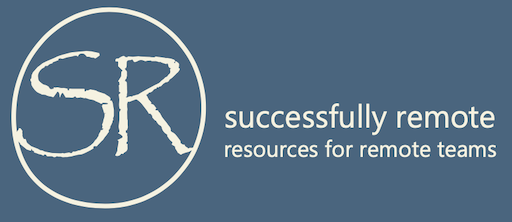Leverage your team intercultures

Highly functioning remote teams make the most of their unique intercultures. You should too.
Interculture— “An online space constructed by its members where all members are immigrants. Members must negotiate identities in the interculture so that the team can achieve its purposes successfully. Individual virtual teams often have their own interculture that is a blend of the cultures of its members.” (Brewer, 2015, p. 17)
The most effective remote teams build on their uniqueness with a combination of structure and flexibility. Organizations should provide teams with structure in all the traditional ways: clear purpose, plans for accomplishing that purpose, roles, constraints, and communication expectations. These are just a few elements that provide good structure.
But remote teams should not overlook the potential in their significant diversity. By bringing team members from all over the world or nation together in remote teams, organizations gain valuable diversity that is not as present in colocated teams. This provides lots of potential.
Think of your remote teams as intercultures. The team members create an online space unique to their team. It is their unique space; all the members are immigrants to the team culture because it is new, and they bring lots of diversity. This means they have a lot of energy and potential for innovation.
First, your team must “negotiate identities in the interculture so that the team can achieve its purposes successfully” (Brewer, 2015, p. 17). If your team can create an interculture that is productive and comfortable for all members, then you can leverage all of the diversity in knowledge and expertise to the great benefit of the organization.
Let’s say that you are working in a virtual team made up of technicians, usability experts, writers, and managers. Members of your team come from Sweden, the U.S., China, and the Philippines. In order to work together, you must adapt to the online venue and to vastly different cultural expectations and languages. On the other hand, how many teams globally are made up of this unique mix of perspectives and talents? Draw out the strengths of your members with good metacommunication, and then leverage those strengths in accomplishing your team’s goals.
Why should this matter? Each unique remote team brings differences in size, lifespan, company mix, national mix, and location. In turn, this diversity brings all kinds of potential for creative problem solving in a global setting. By encouraging a team to use its diversity as a strength within the structure of the organization, organizations can receive much greater return on investment than they might have imagined.
Brewer, P. E. (2015). International virtual teams: Engineering global success. Wiley.

Leave a Reply